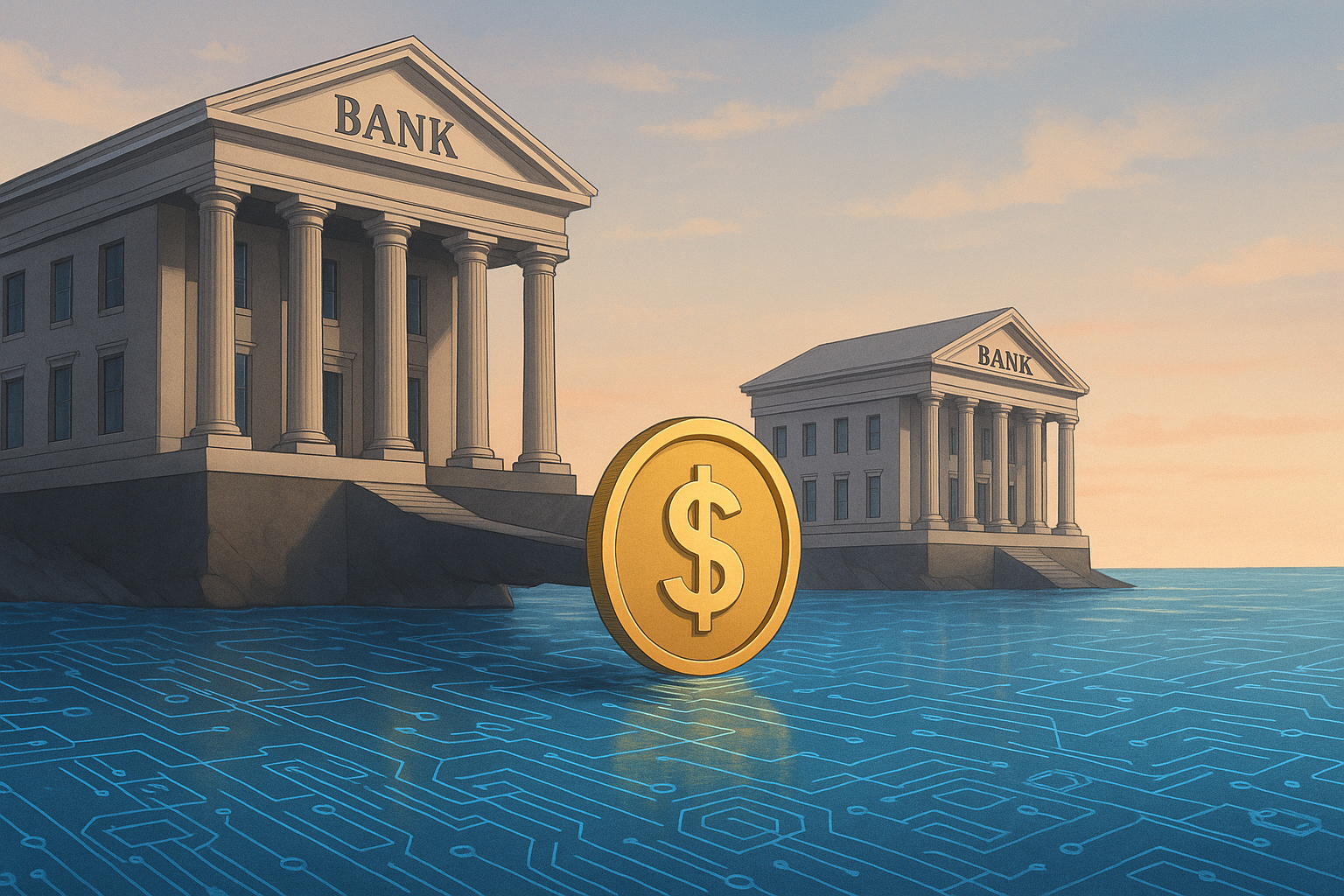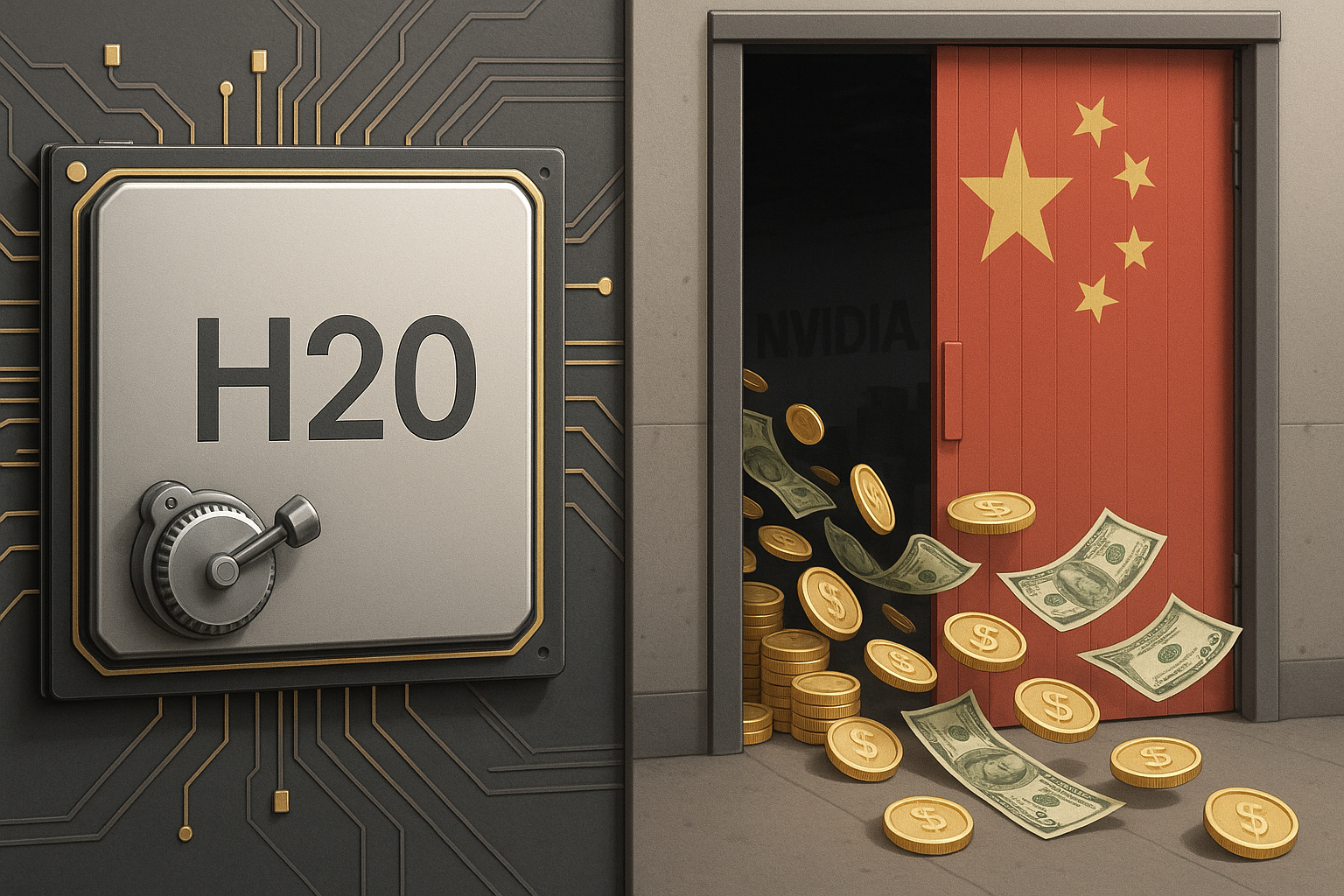The FHFA just told Fannie and Freddie to count cryptocurrency as an asset when approving mortgages. And honestly? My stomach dropped.
I've been watching housing markets since the mid-2000s—first with concern, then outright terror—and something about this latest move feels eerily familiar. Not identical to the pre-2008 madness, mind you, but rhyming with it in ways that make me deeply uncomfortable.
Look, I'm not some anti-crypto zealot or a doom-monger who sees financial apocalypse around every corner. But when federal housing authorities start expanding what counts toward mortgage qualification during what's already a frothy market... well, my financial Spidey-sense goes haywire.
There's always been this weird dance between financial innovation and housing policy. In theory? Recognizing previously excluded assets could democratize lending. Sounds great! In practice, though, expanding qualification criteria during hot markets has historically been about as responsible as handing a teenager the keys to a Ferrari along with a bottle of tequila. You can probably guess where that story ends.
Remember the mid-2000s? (I sure as hell do.) The road to financial armageddon was paved with seemingly reasonable efforts to expand homeownership. Subprime lending. No-doc loans. Negative amortization products. All started with perfectly rational-sounding arguments about financial inclusion.
Then—boom!—suddenly we're all reluctant experts in mortgage-backed securities and credit default swaps, watching our 401(k)s implode while financial talking heads explain the "housing market's transmission mechanisms to the broader economy." Fun times.
I've come to see this as the "Amnesia Cycle" of financial regulation:
- Crisis occurs
- Regulations tighten
- Markets stabilize
- Memory fades
- "Financial innovation" emerges
- Regulations loosen
- Back to step 1
We're hovering somewhere between steps 5 and 6 right now. The collective trauma of 2008 is fading fast. Those toxic mortgage-backed securities that nearly destroyed civilization as we know it? Trading just fine these days, thanks for asking!
And now cryptocurrency—an asset class renowned for its stability and transparency (ha!)—is getting the federal housing finance seal of approval.
I'm not anti-innovation, for crying out loud. Crypto assets are "real" insofar as people value them and they can be converted to traditional currency. If someone's sitting on a pile of Bitcoin, that is wealth... of a sort.
But here's the thing that keeps me up at night: we're tacitly encouraging people to use wildly volatile speculative assets as the foundation for taking on massive, 30-year debt obligations backed by Uncle Sam. What could possibly go wrong?
You might argue this is different because we're talking about asset consideration, not income verification standards. That distinction feels pretty meaningless when you consider that assets are precisely what you rely on when your income gets disrupted. If those assets can nosedive 20% because Elon Musk tweets something weird at 3 a.m., they're not exactly a rock-solid safety net, are they?
The parallel that keeps nagging at me isn't just subprime lending but specifically how government policy created incentives that pushed private markets toward increasingly risky behavior. Fannie and Freddie exist in this bizarre public-private netherworld where profit motives collide with policy objectives—and that intersection has historically been where financial disasters are born.
I spoke with several mortgage industry veterans who shared my concerns, though none wanted to go on record criticizing federal housing policy. "It's like watching a slow-motion car crash that nobody wants to acknowledge," one told me.
Am I predicting another housing crisis tomorrow? No. Banking has more capital reserves now. Underwriting remains tighter than the Wild West days of 2006. And we haven't seen evidence of widespread fraud (yet).
But systems rarely fail because we make exactly the same mistakes twice. They fail because we make new mistakes that rhyme with the old ones.
The rhythm I'm hearing goes something like: loosen standards, expand qualification criteria, fuel asset price increases, create artificial wealth effects, encourage more borrowing against that wealth... rinse and repeat until something fundamentally breaks.
Will crypto-backed mortgages single-handedly crash the system? Probably not. But they represent a mindset—one that views endless credit expansion as an unmitigated good, regardless of the underlying fundamentals.
So while I watch Fannie and Freddie start factoring in crypto wallets, I can't help remembering another time when "creative" approaches to mortgage qualification seemed like progress rather than warning signs.
The road to financial crisis is paved with innovations that look perfectly sensible in isolation but create systemic risks when widely adopted. Having covered housing finance for nearly two decades, I've seen this movie before. The names and specific financial instruments change, but the plot remains distressingly familiar.
I genuinely hope I'm wrong. Maybe this is just a reasonable accommodation to changing financial realities.
But if you'll excuse me, I'll be over here checking my portfolio hedges and mixing another anxiety-reducing beverage.
Just in case.




